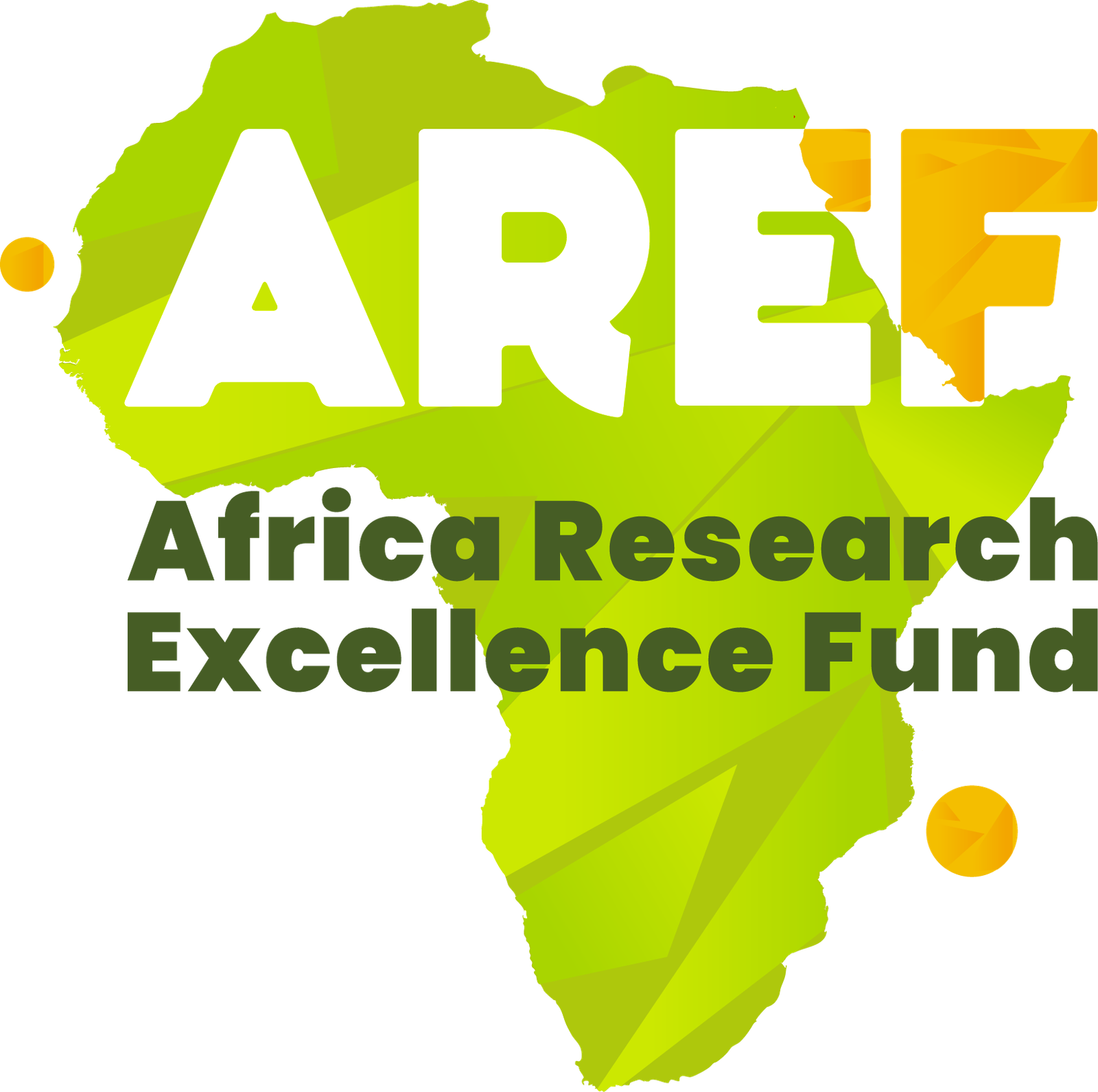Host organisation: University of East London, UK
Project title: Establishing presence of Ornithodoros ticks in Nigeria and assessment of their potential as vectors of clinical importance
Dr Nusirat Elelu trained as a Doctor of Veterinary Medicine at the University of Ilorin and obtained her PhD from the University of Bristol (UK) in 2016. She studied trematodes (parasitic flatworms) and tick-borne pathogens that cause serious diseases in cattle; these have significant economic consequences, especially in Africa. Currently, she is teaching veterinary public health at the University of Ilorin and her research focuses on infectious diseases, vector-borne zoonoses (diseases that can be transmitted from animals to humans) and One Health (http://www.onehealthglobal.net/).
AREF Fellowship research project:
Ticks are the second most important transmitters of disease from animals to humans after mosquitoes and the most important vectors of livestock pathogens. However, the presence of tick-borne pathogens is often under-reported in Nigeria and often misdiagnosed as fever-inducing illnesses such as malaria, due to insufficient information on incidence, distribution and disease control.
Dr Elelu’s AREF fellowship will help her develop a project to discover how important Ornithodoros ticks are in Nigeria. In particular, she wants to find out how much severe human fever these bloodsucking parasites are responsible for. By understanding the full scope of febrile illnesses, she can move on to improve their diagnosis. Ultimately, she hopes to use better knowledge to improve not only diagnostics but also to inform policy makers on effective point of care treatment strategies.
Dr Elelu spent her placement period at the University of East London (UK) with Professor Sally Cutler’s research team. Professor Cutler informed her about the AREF Fellowship scheme, and has inspired and mentored her throughout her application for the award.
Under Sally’s mentorship, she used techniques still in their infancy in Nigeria, like Whole Genome Sequencing and bioinformatics analysis to study soft tick extracts collected from Nigeria. She was also able to access transferable skills training such as grant writing, attend a conference and aim to catalyse a lasting collaboration between the Universities of Ilorin and East London.
“My AREF Fellowship is my first step to contributing to better recognition and management of severe fevers caused by blood-sucking ticks in Nigeria.”



